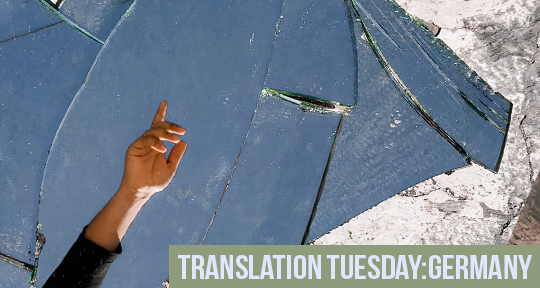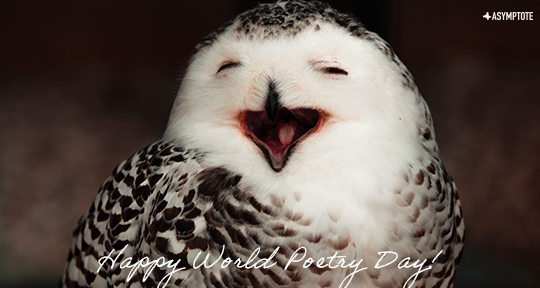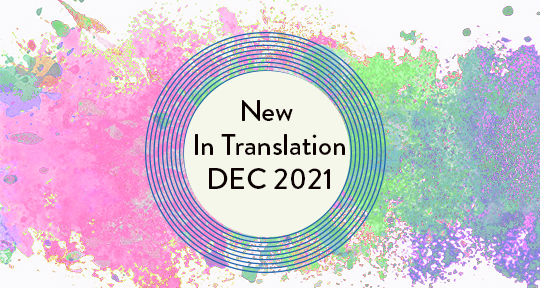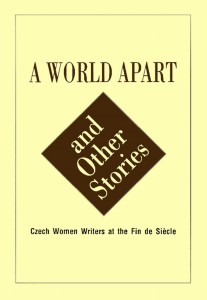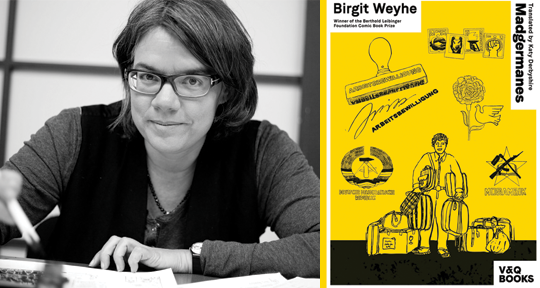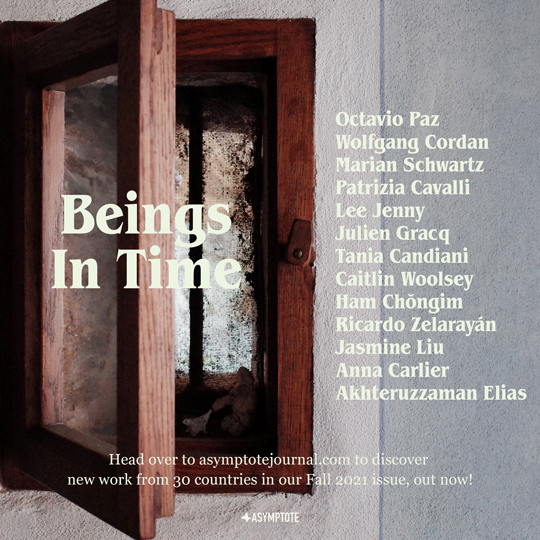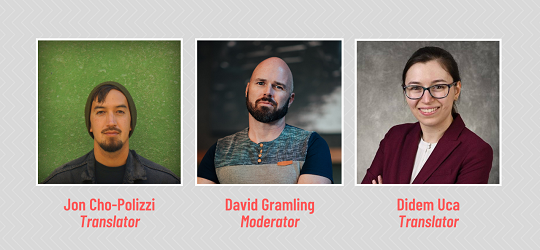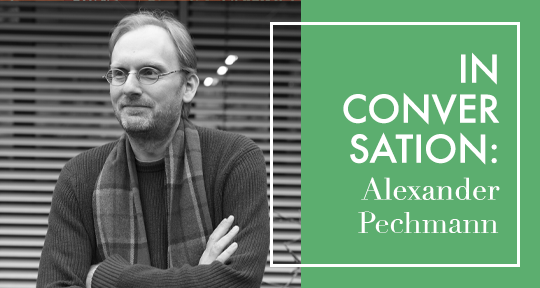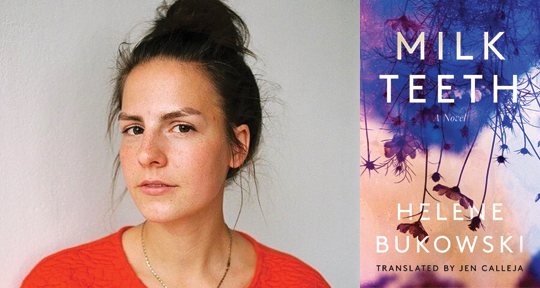This week, our editors from around the globe report on a translation competition and an event to support Ukraine in Japan, the publication of a harrowing new memoir from Guatemala, and a celebration of women poets in El Salvador. Read on to find out more!
Mary Hillis, Educational Arm Assistant, reporting from Japan
Give Artists a Voice was held on March 15 at the Goethe-Institut in Tokyo and live-streamed on social media. Organized by EUNIC Japan and E.U. member cultural institutions and cultural departments in Japan, artists expressed their support of Ukraine through music, film, poetry, dance, and talks. Joining from Kharkiv, contemporary artist Olia Fedorova read text in Ukrainian documenting life during the war. Poet Marie Iljašenko read “Five poems from collection St. Outdoor” in Czech and Yoko Tawada read “Auszeit von Menschheit” (“Timeout from Humanity”) in German. Michal Hvorecký, author of the novel Troll (published in Slovak in 2017), delivered a message on disinformation and literary translation as a vehicle for deeper understanding.
Earlier in the month, at Bungaku Days Spring 2022, the award winners of the JLPP (Japanese Literature Publishing Project) sixth International Translation Competition were recognized: English grand prize winner Grant Lloyd and Spanish grand prize winner Eduardo López Herrero. Contestants translated two texts, “Namiuchigiwa made” by Maki Kashimada in the fiction category and “Ojigi” by Kuniko Mukōda in the criticism and essay category. The original texts and winning translations can be read on the JLPP website.
Designed to both recognize and provide support for emerging translators of contemporary Japanese literature, the event began with a prerecorded video showcasing comments from the judges and messages from the top three awardees in English and Spanish respectively. Former contest winners Polly Barton and Sam Bett joined this year’s winner, Grant Lloyd, for a symposium on the topic of becoming a translator, moderated by Yoshio Hitomi of Waseda University. They discussed Lloyd’s prize-winning translations and also analyzed the challenges of working with stories, novels, and essays from Japanese, while revisiting steps on their journeys to becoming literary translators. The publishing panel was moderated by Allison Markin Powell and included Anne Meadows (Granta Books), Yuka Igarashi (Graywolf Press), and Tynan Kogane (New Directions), who discussed their points of view on pitching, the acquisition process, and barriers to publishing literature in English translation. The seventh edition of the competition is now in progress and entries are being accepted in English and French.


